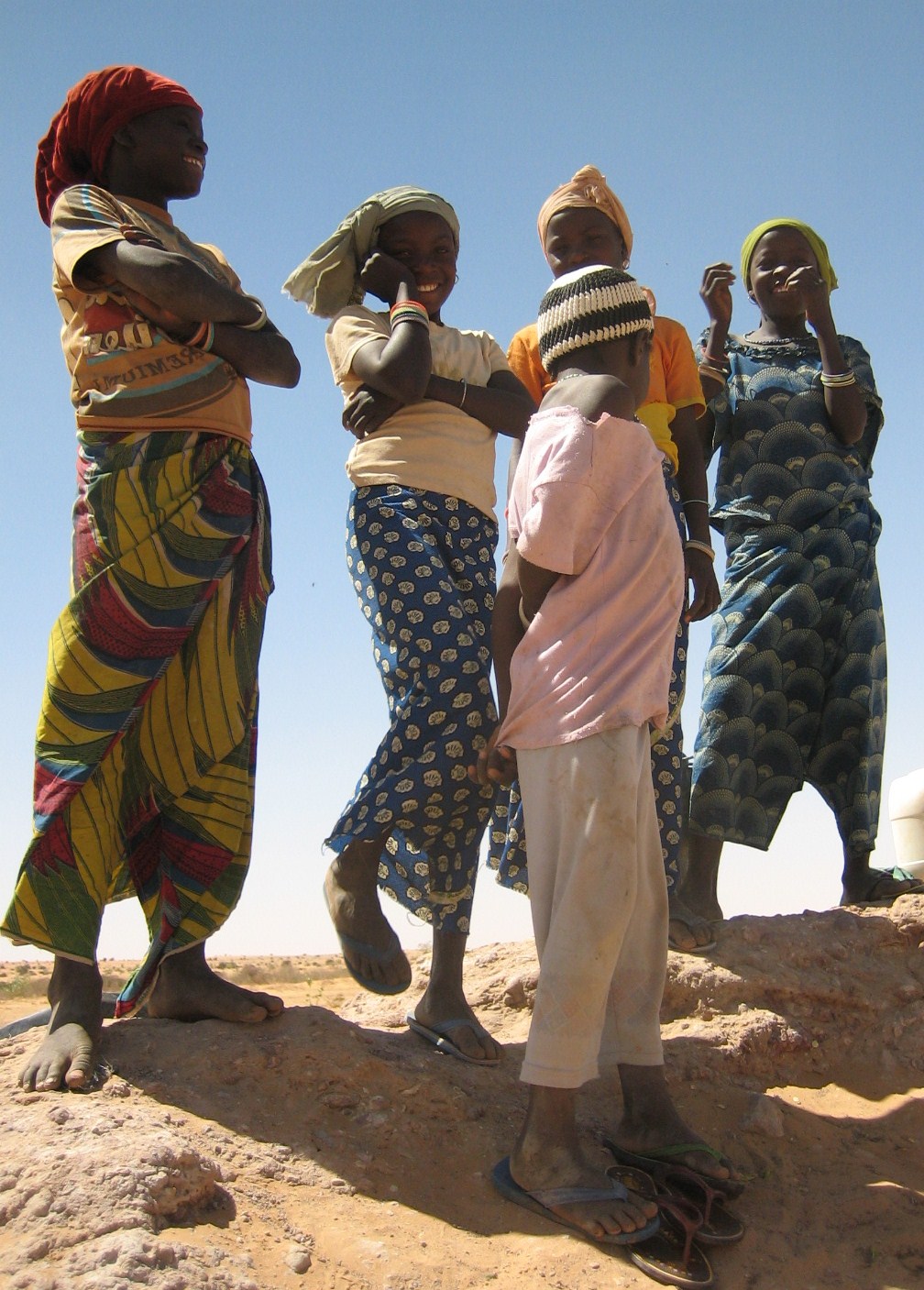More than 20,000 under-five children are being treated for malnutrition nationwide and at least another 200,000 are at risk of severe malnutrition, according to the Office for the Coordination of Humanitarian Affairs (OCHA).
“You need to go to the field to realize that we need to act now,” said Kalil Hamadoun, Médecins Sans Frontières (MSF) field director for Zinder region in southern Niger, which had the country’s second highest percentage of children underweight for their height, according to a December 2009 government study.
Selling prized cattle, cutting meals, eating food intended for animals and scrounging for anything to sell as firewood or animal feed have become increasingly common, according to local officials and the national information system for livestock sales.
Access to food, rather than its availability, is turning out to be the main problem in 2010, according to the US famine monitoring group, FEWS NET.
The needs are urgent and the response must be immediate, UN Office of Coordination for Humanitarian Affairs (OCHA) head of mission Modibo Traoré told IRIN. “Everything takes time. [Aid delivery] is long and difficult and it can take weeks before it makes it to its destination.”
Food prices up, incomes down
Food and fodder prices in parts of the south are up around 30 percent on 2009, according to FAO and Belgian NGO Aquadev.
But March incomes have dropped to half of what they were last September due to more agriculture workers competing for dwindling jobs, according to the US famine monitoring group FEWS NET.
“We need to ensure people have access to food… We are not even in the hungry season yet,” Aboubacar Mahamadou, the Health Ministry’s deputy director of nutrition services, told IRIN, referring to the June-September planting season when most families have finished eating their previous harvests and are waiting for the next one in October.
| Background |
The World Food Programme (WFP) is planning "blanket" food distributions - months earlier than usual if needed - to 500,000 children aged 6-23 months in 20 of the neediest communities.
“If we look at a map of interventions at the moment, we see they are drops of water in the ocean [of need],” WFP regional director in Zinder, Doumbaye Djimadoumngar, told IRIN.
OCHA has estimated it will cost more than US$200 million to cover 60 percent of Zinder’s food needs before the next harvest, and to continue nutrition activities.
The European Commission for Humanitarian Aid (ECHO) has pledged an additional US$27 million to fight malnutrition in Niger and neighbouring Sahelian countries. The exact amount for Niger will be decided in the coming months. Last year, Niger received $17.7 million from ECHO.
The UK government has recently announced additional emergency funding for Niger. This comes on top of $81 million emergency aid from the European Commission, Islamic Development Bank, and the governments of Japan, Spain and the USA.
ail/pt/cb
This article was produced by IRIN News while it was part of the United Nations Office for the Coordination of Humanitarian Affairs. Please send queries on copyright or liability to the UN. For more information: https://shop.un.org/rights-permissions





